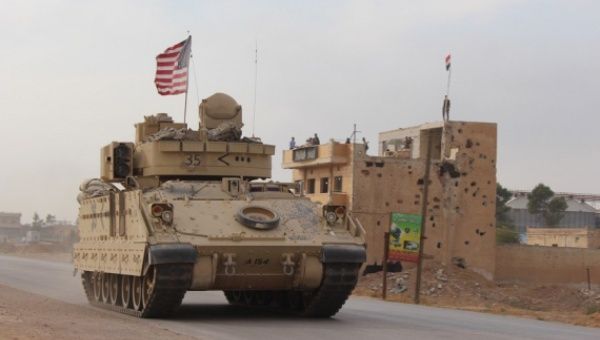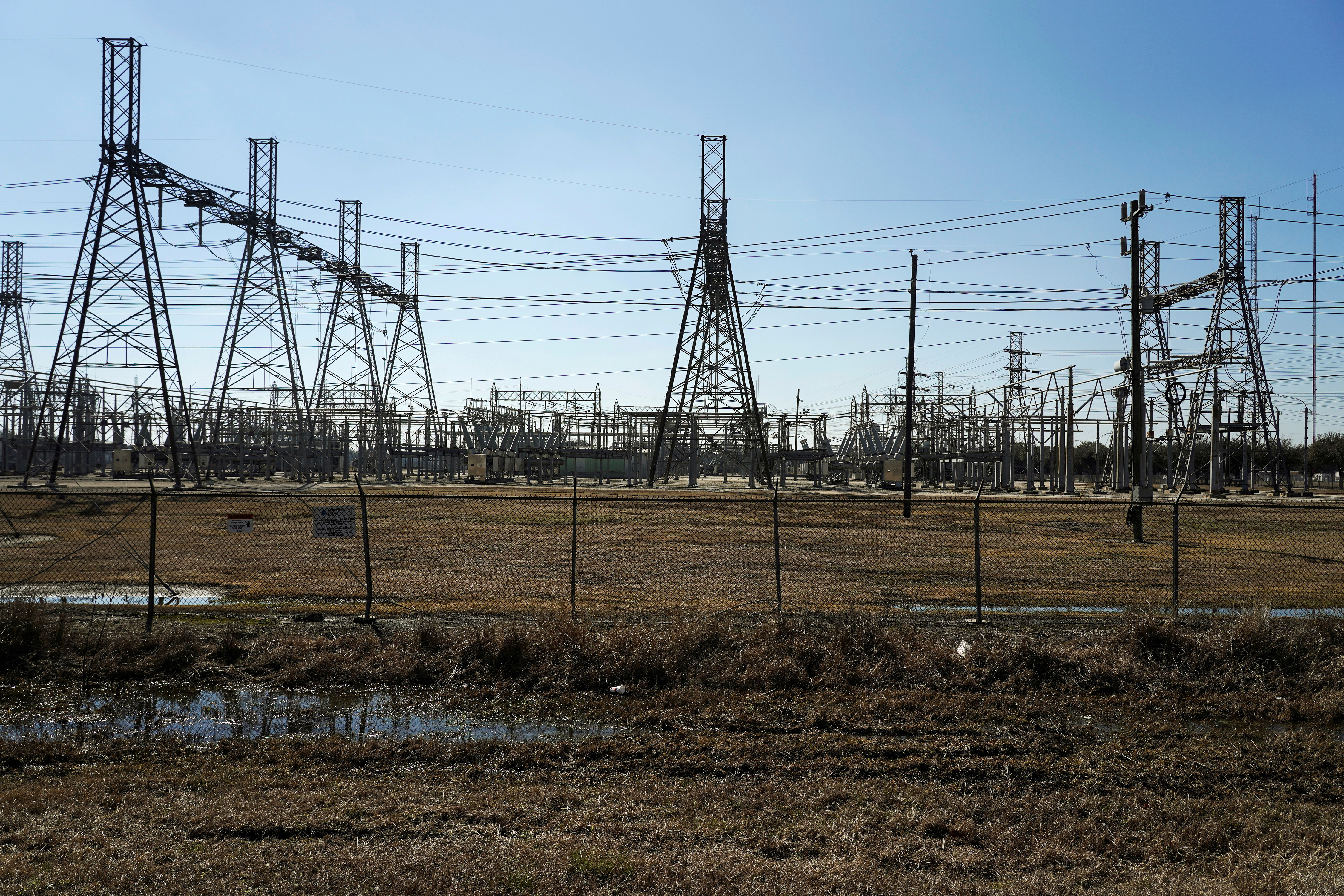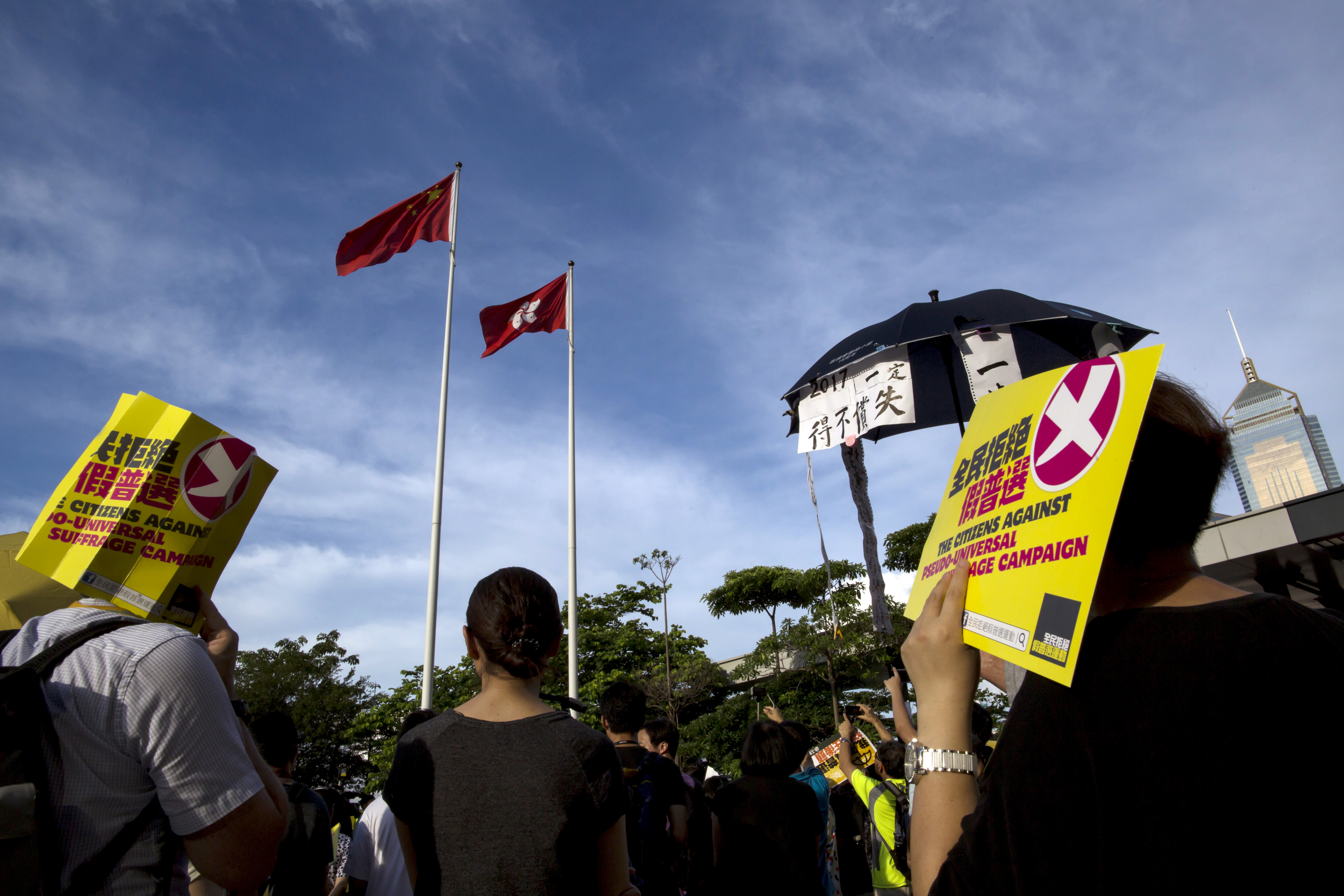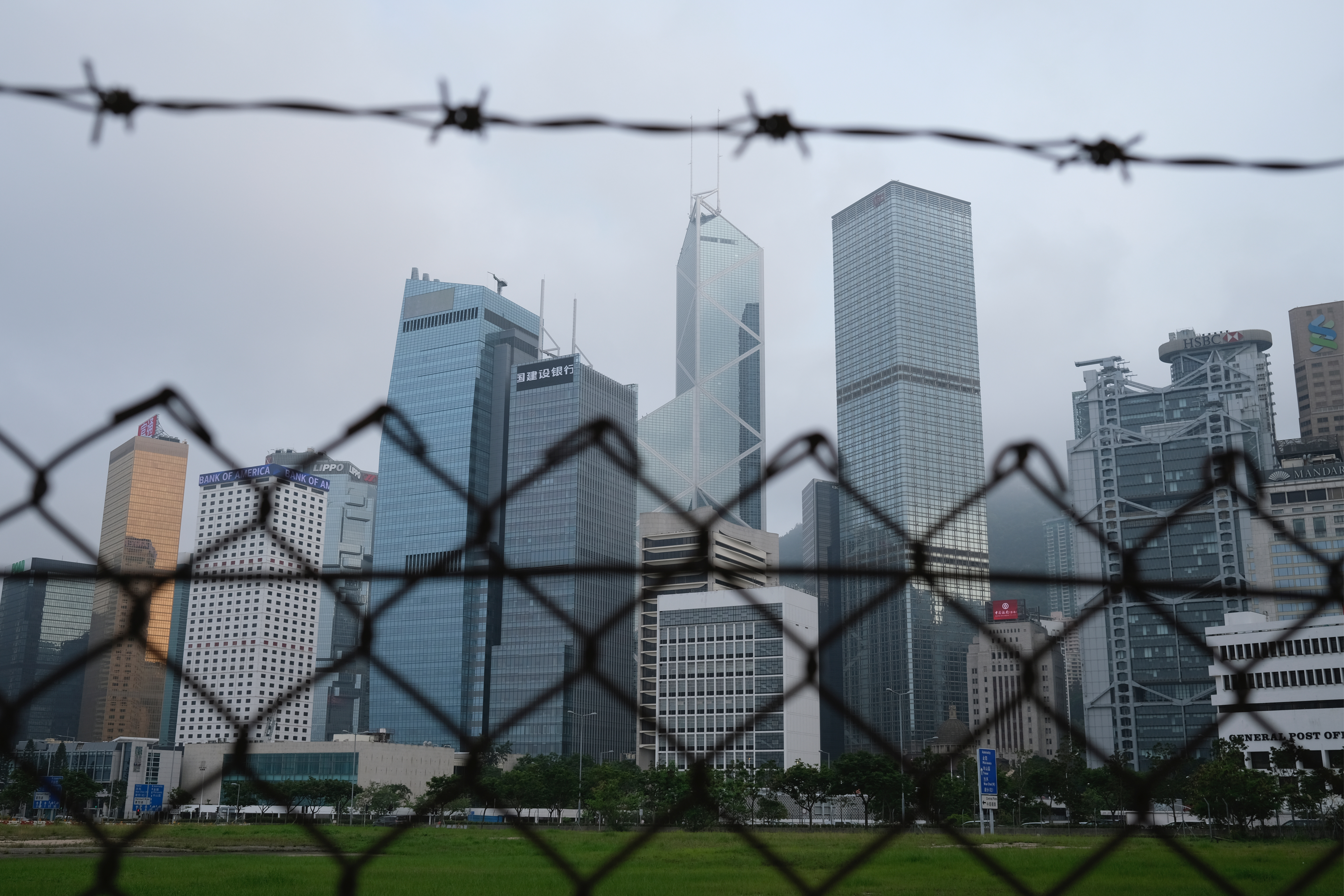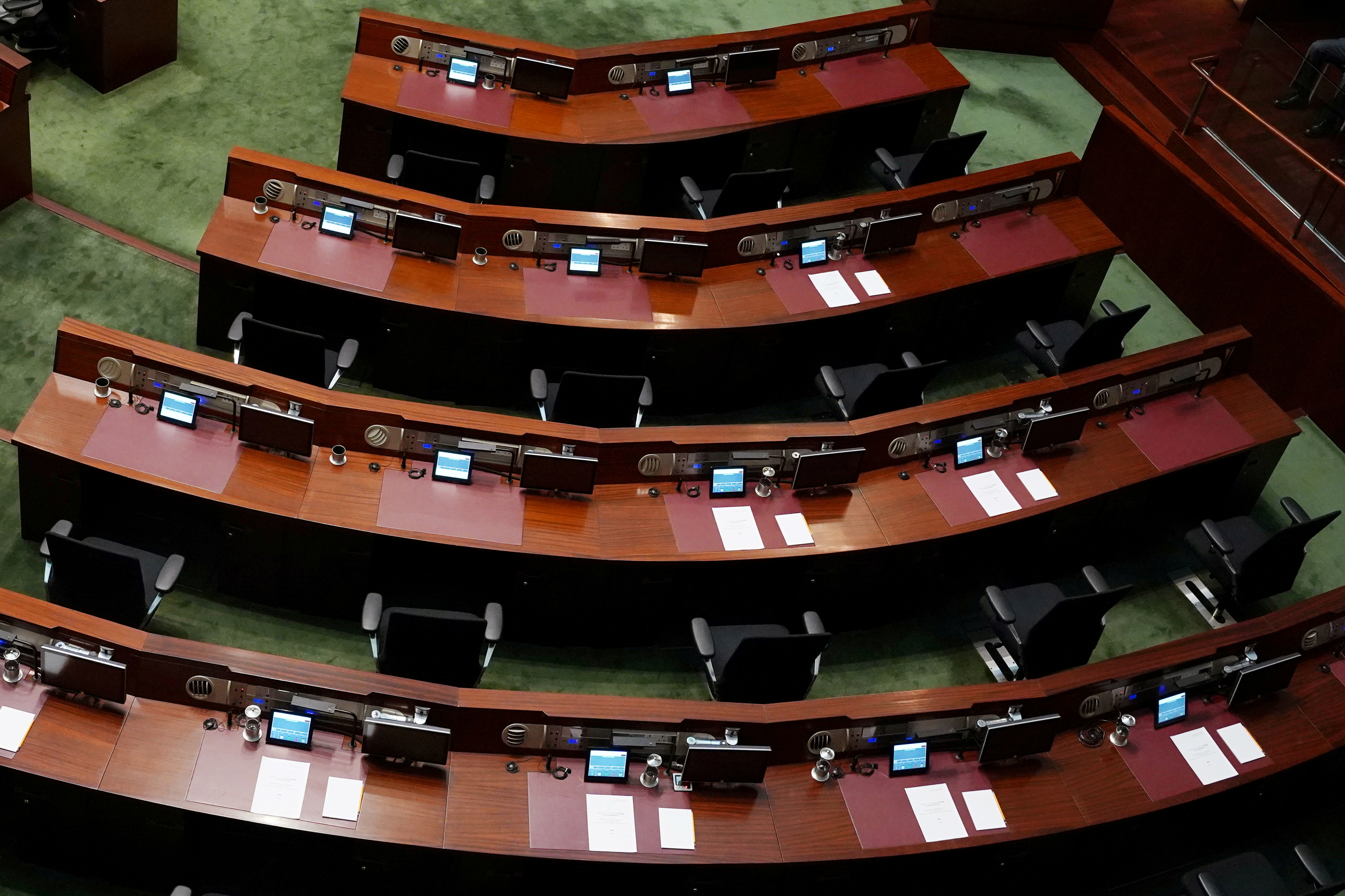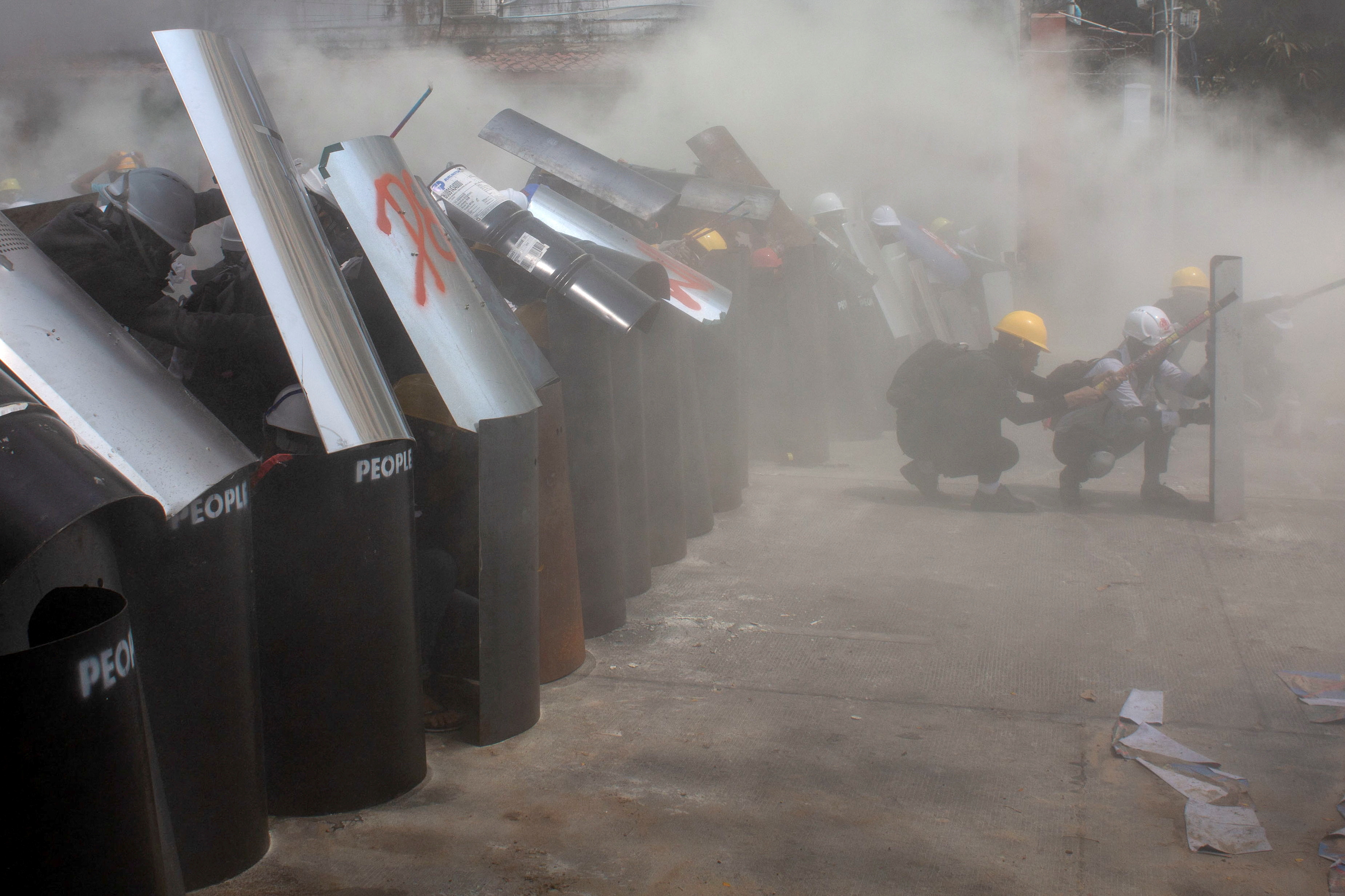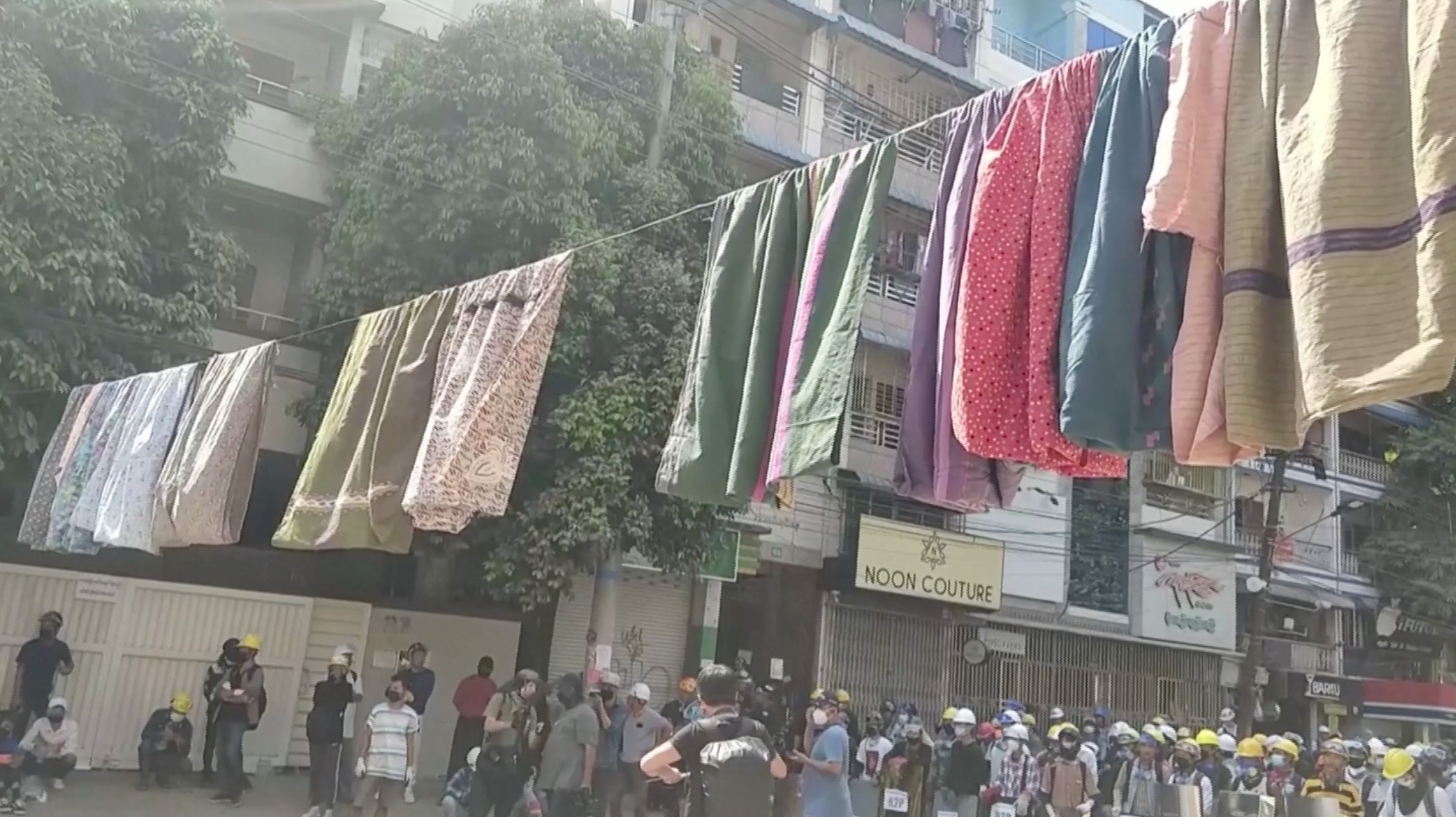U.S. Senate backs bill to clamp down on China-funded Confucius InstitutesBIG IN CANADA TOO, INTEGRATED INTO EDMONTON PUBLIC SCHOOLS, UNIV OF ALBERTA, AND IN OTHER PROVINCES
By Reuters Staff
FILE PHOTO: Chinese and U.S. flags flutter outside the building of an American company in Beijing, China January 21, 2021. REUTERS/Tingshu Wang/File Photo
WASHINGTON (Reuters) - The U.S. Senate unanimously approved a bill to tighten controls on Chinese-funded cultural centers on university campuses known as Confucius Institutes, the latest in a series of efforts to crack down on the centers lawmakers accuse of being propaganda tools.
The measure passed the Senate by unanimous consent - without a rollcall vote - on Thursday. There was no immediate word on Friday on when it might be taken up in the House of Representatives
The measure would cut back on federal funding for any college or university with a Confucius Institute on its campus, unless the institute ensured that the college or university had full authority over it, including what grants it makes and who works there.
To become law, the measure must pass the House and be signed by President Joe Biden.
U.S. officials have been pushing to close Confucius Institutes for some time. Former Republican Secretary of State Mike Pompeo said in September he hoped all of them would be shut down by the end of 2020.
William Burns, nominated by Biden, a Democrat, to be director of the Central Intelligence Agency, said last week that if he were a U.S. college or university president, he would recommend shutting down Confucius Institutes.
Reporting by Patricia Zengerle; Editing by Bill Berkrot
